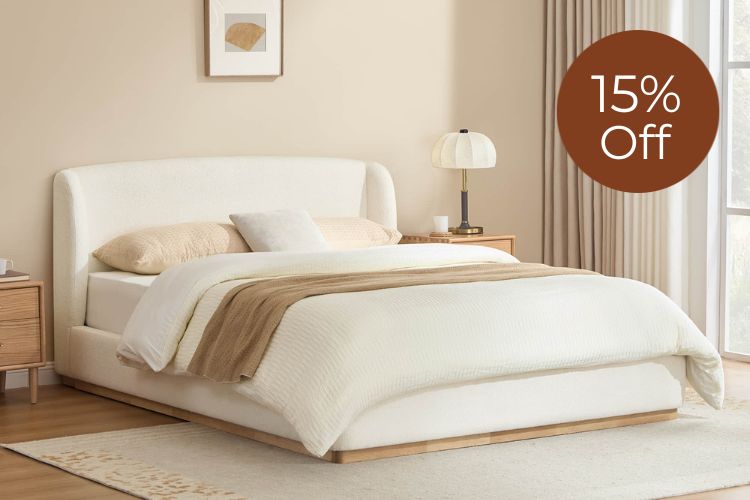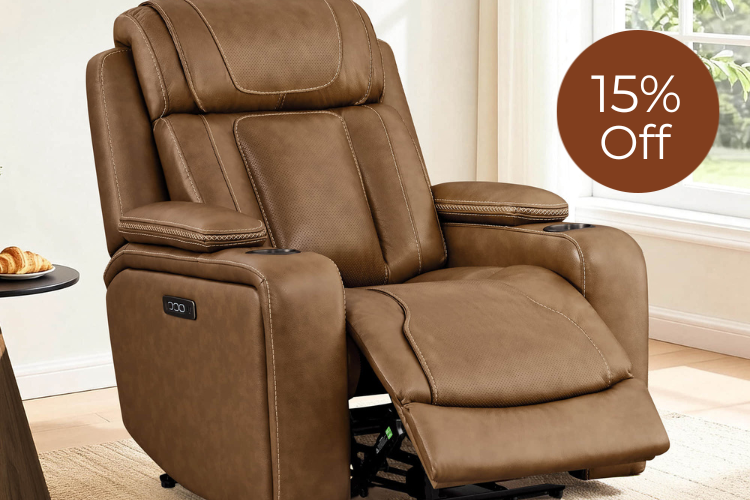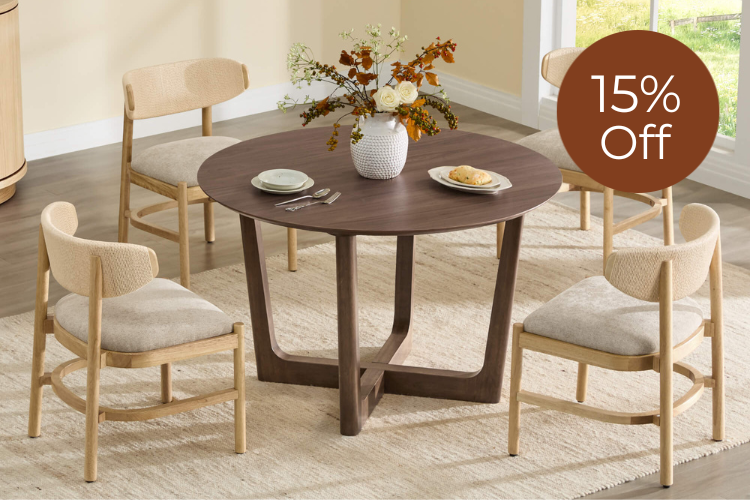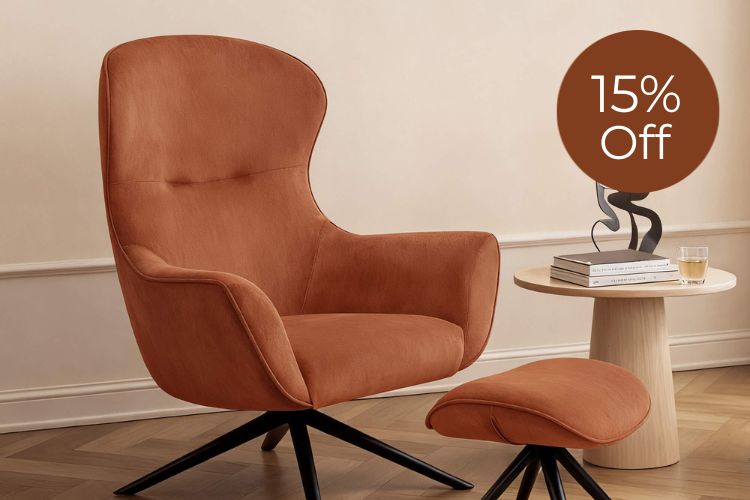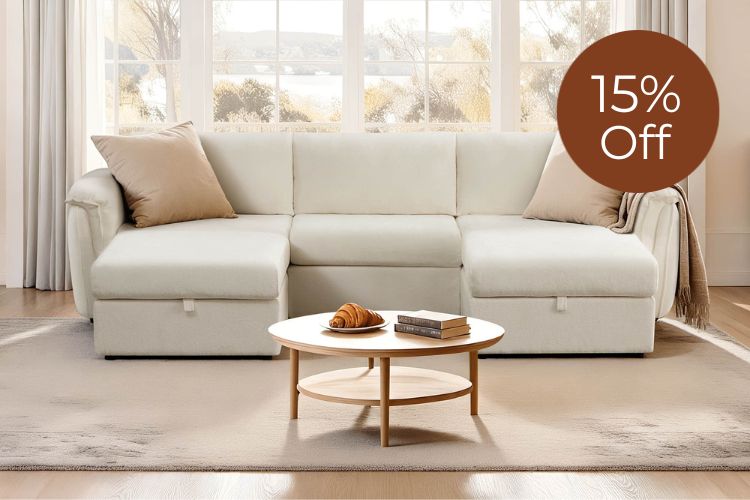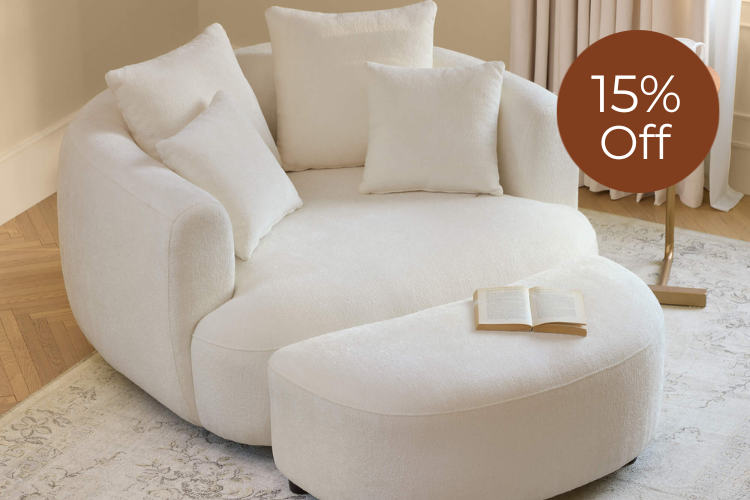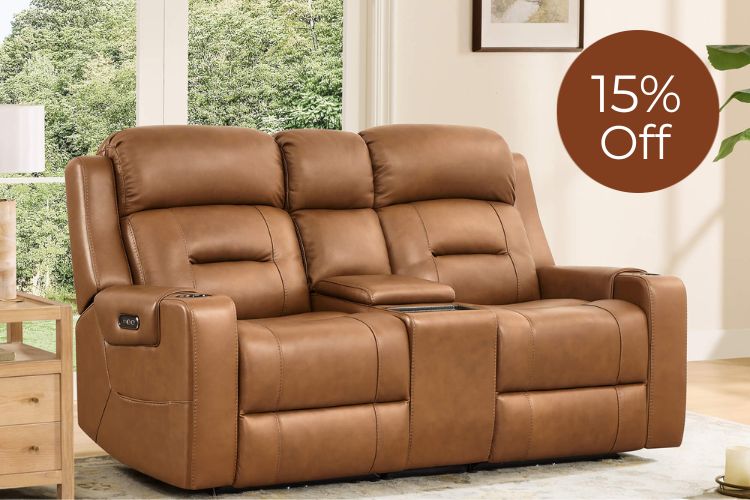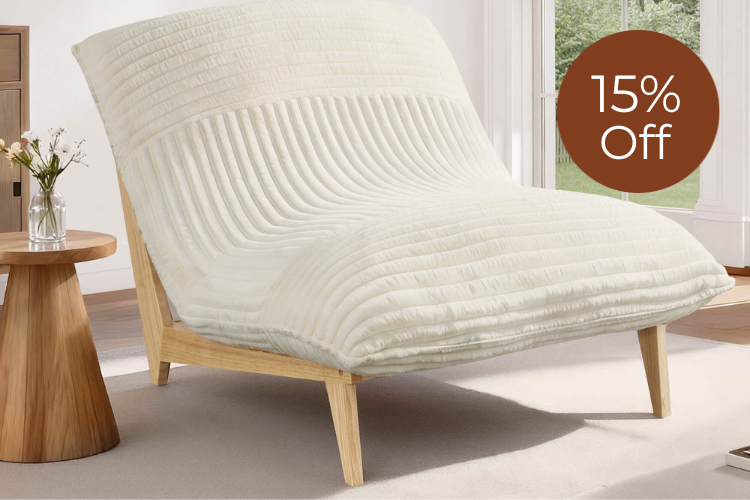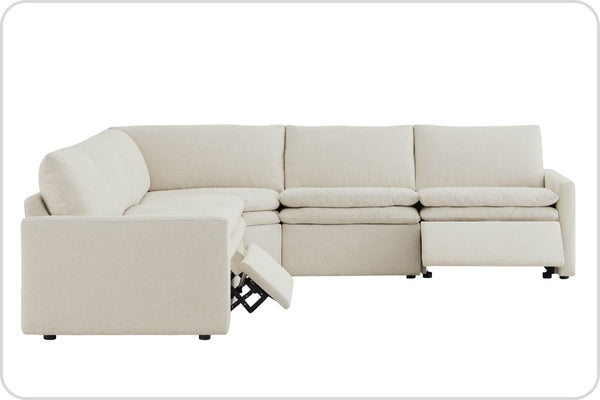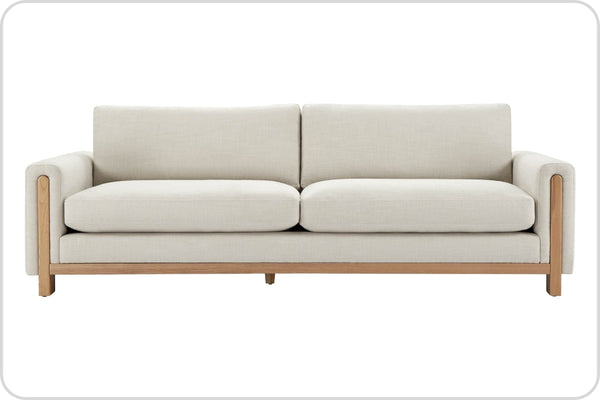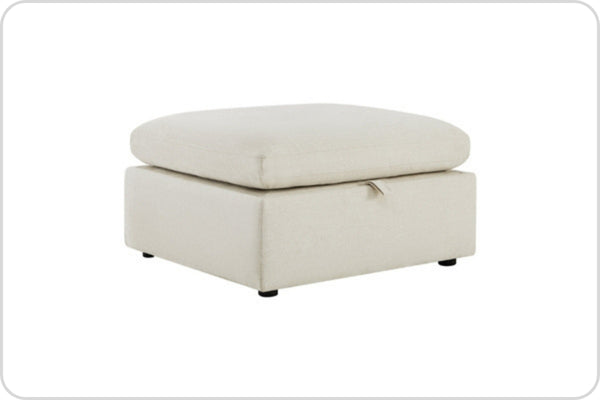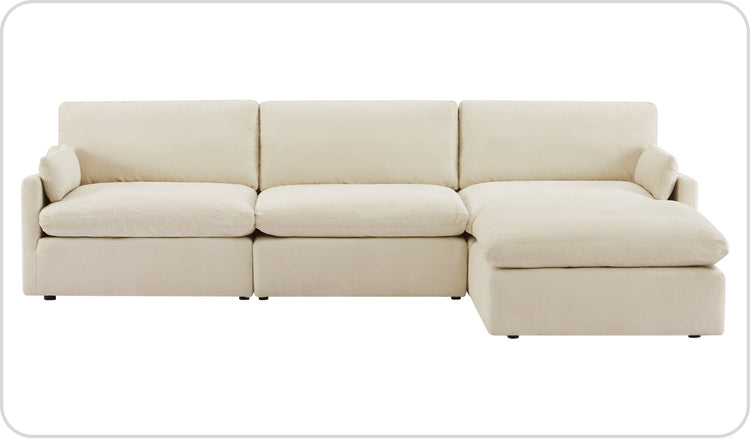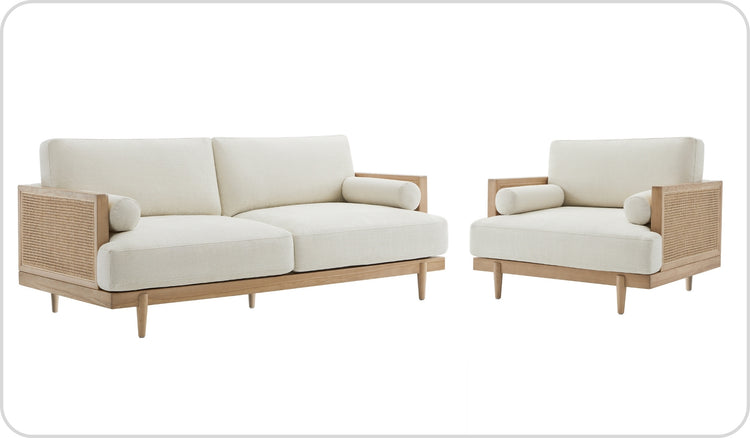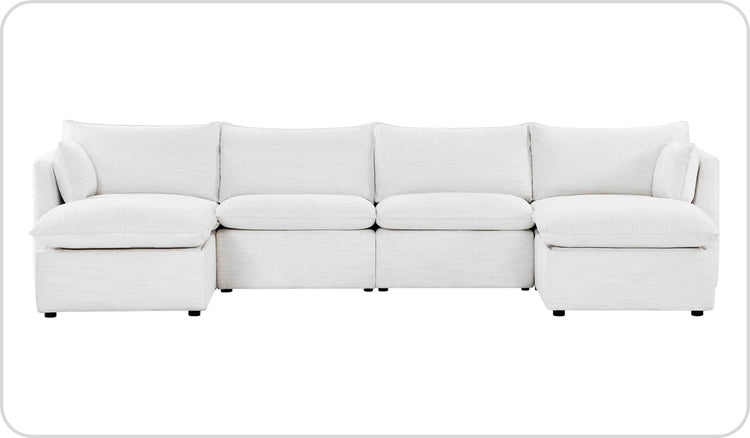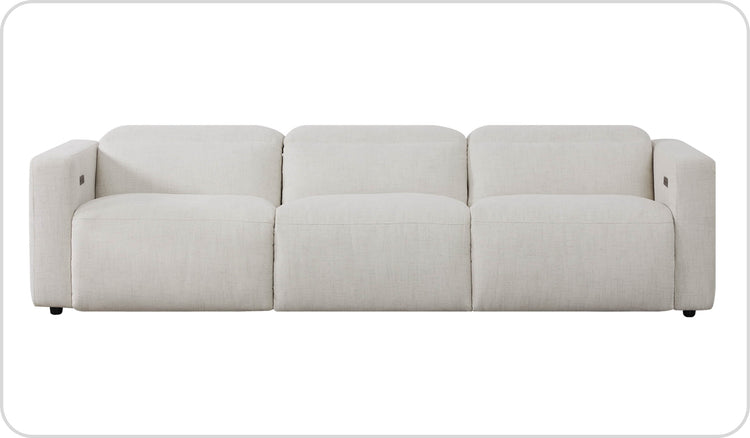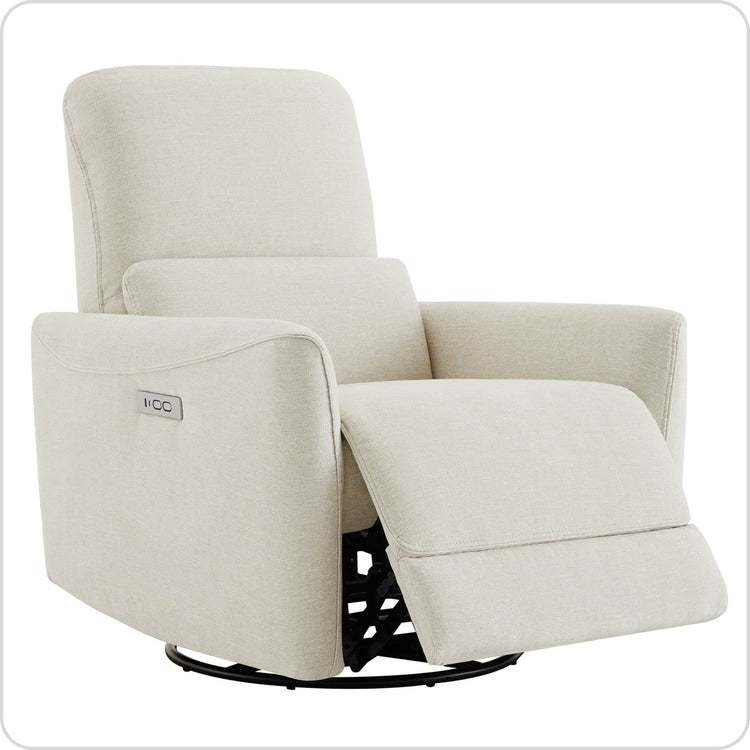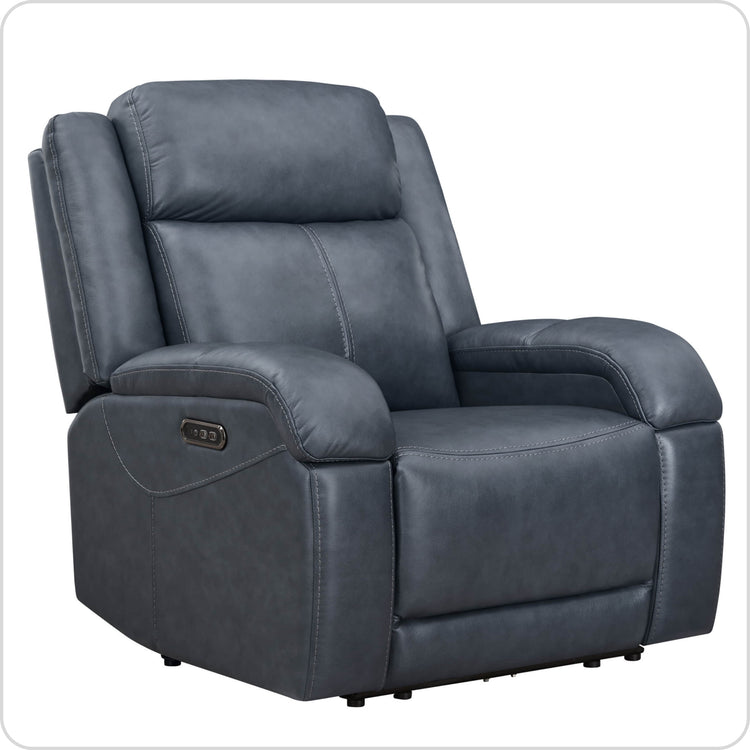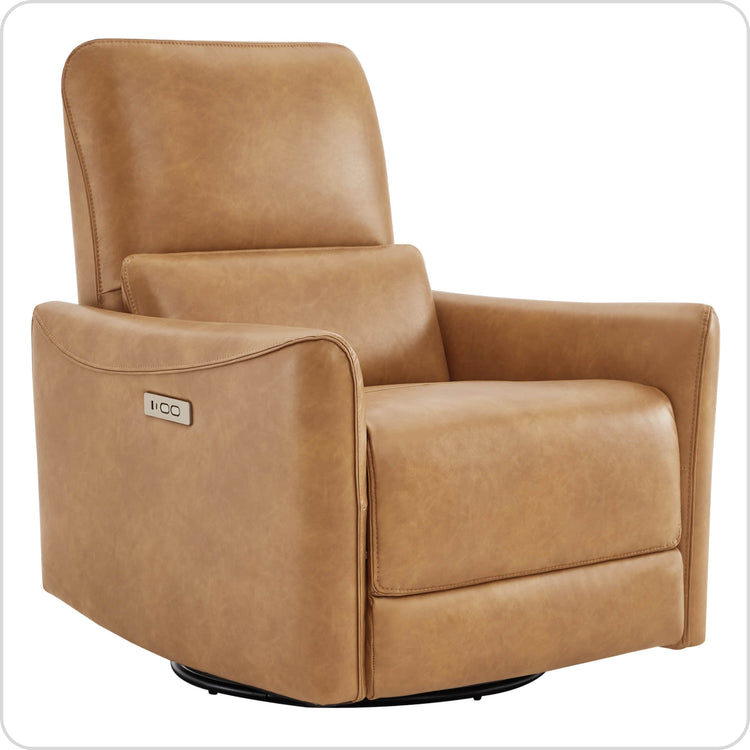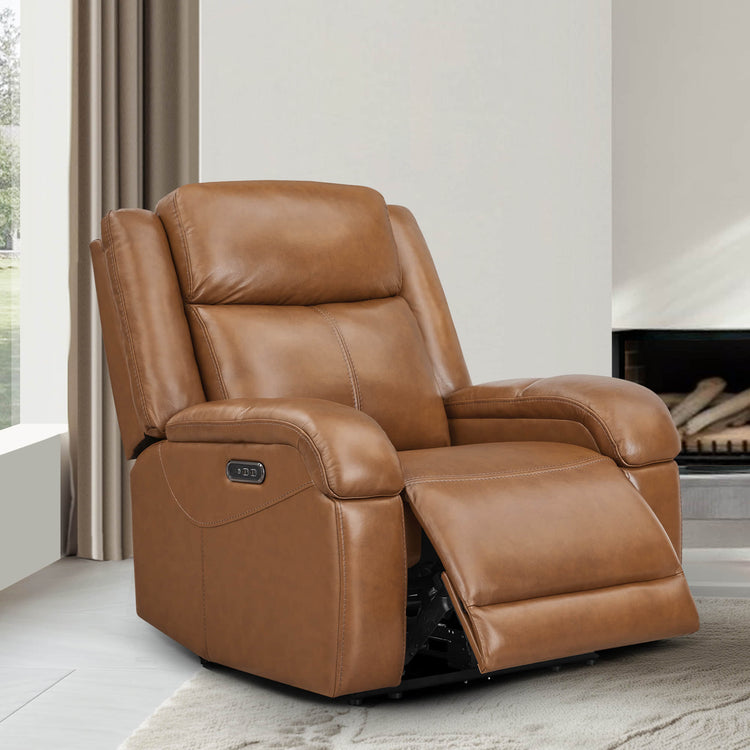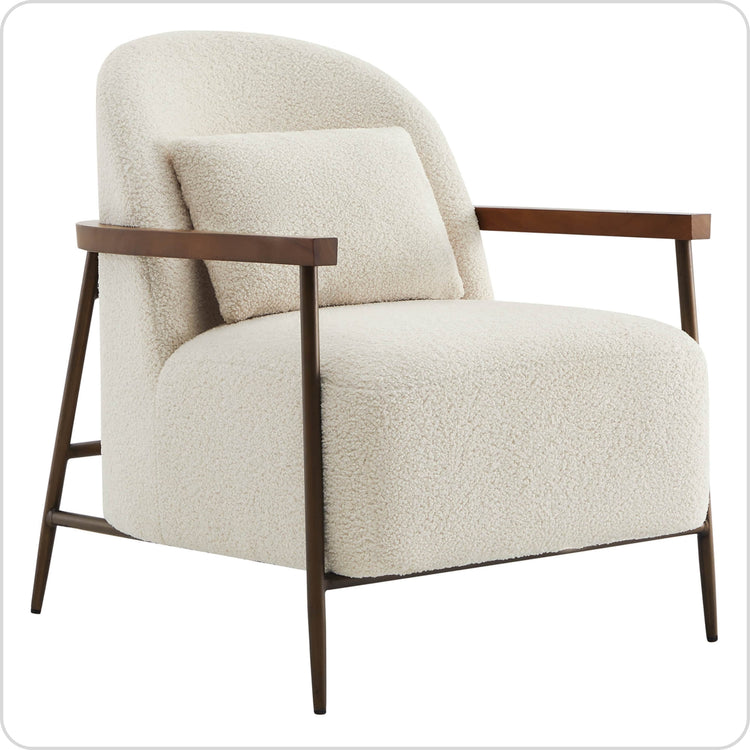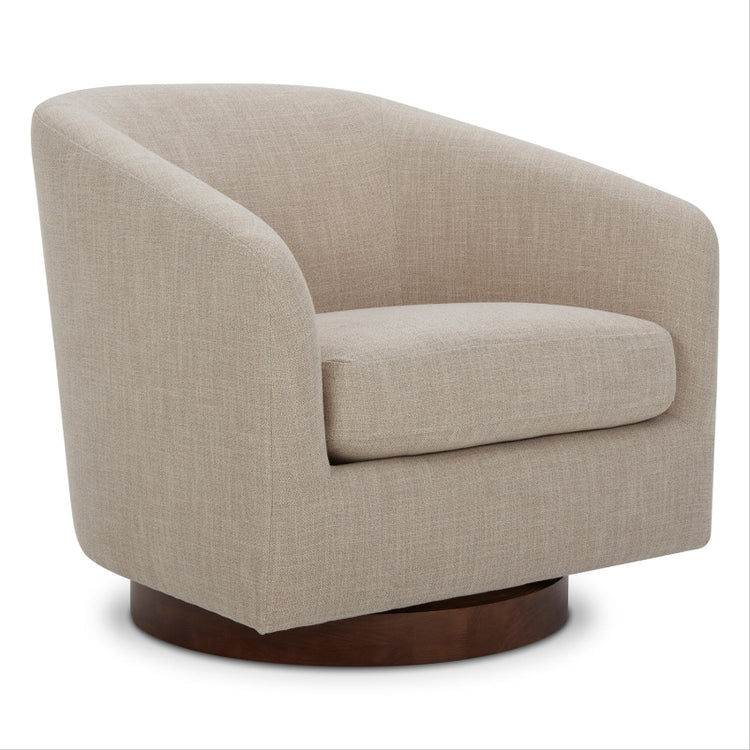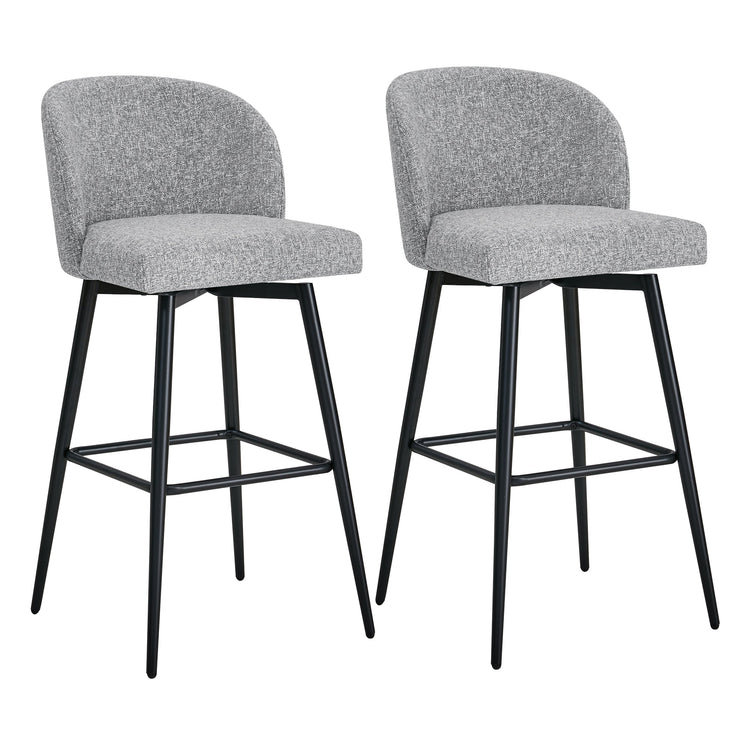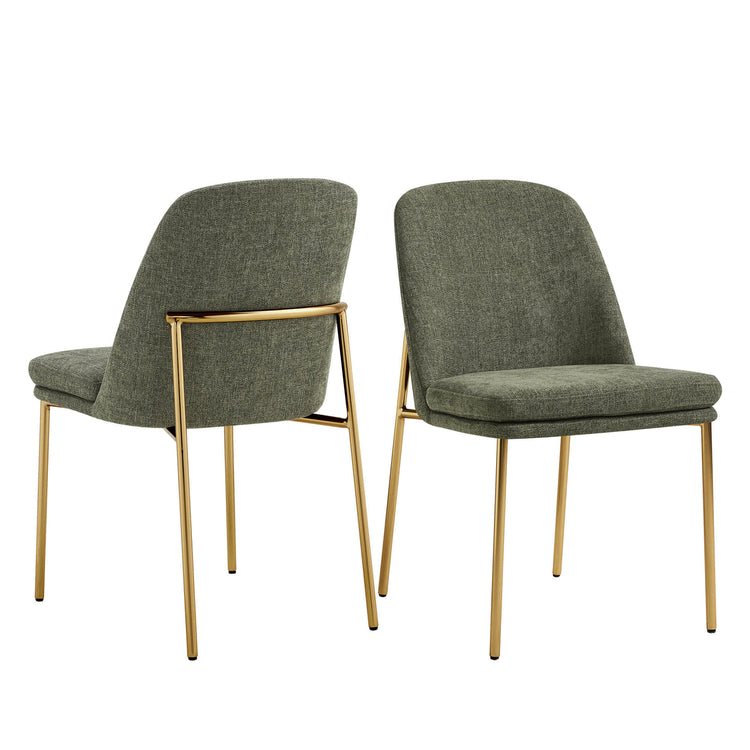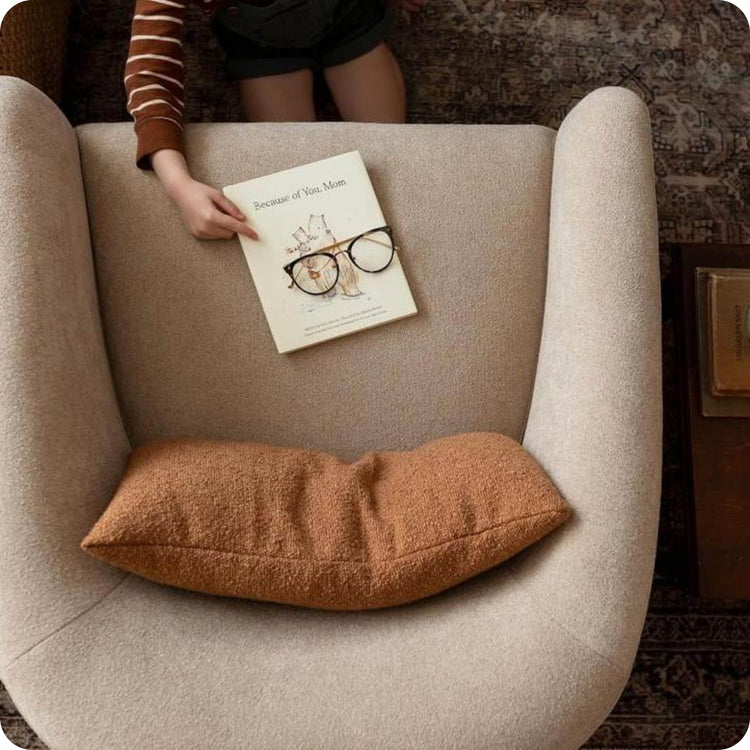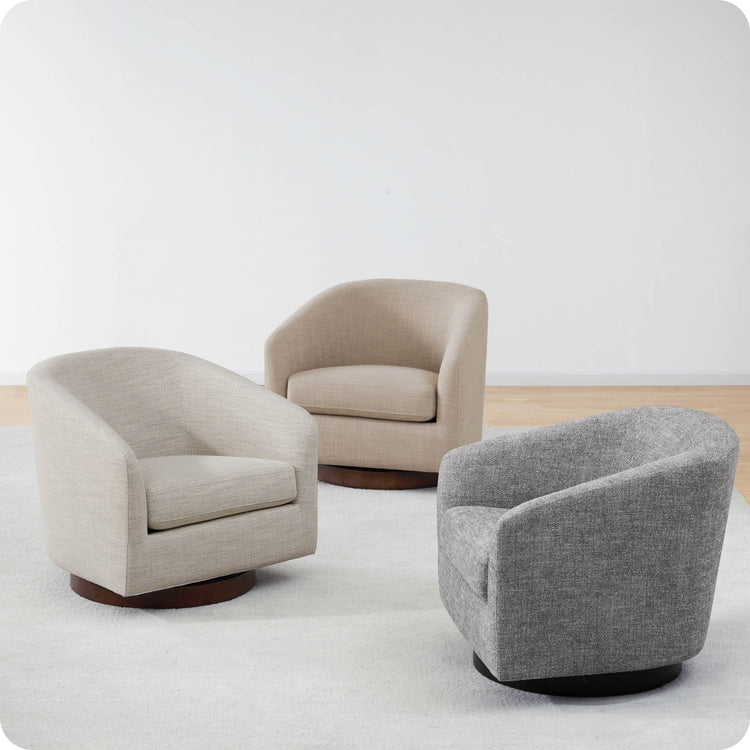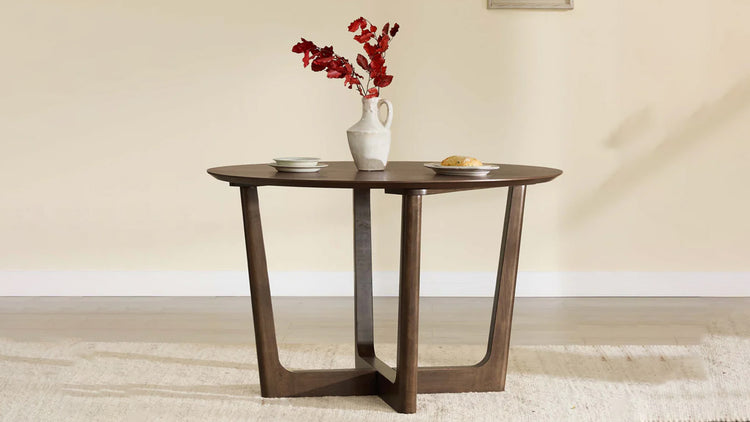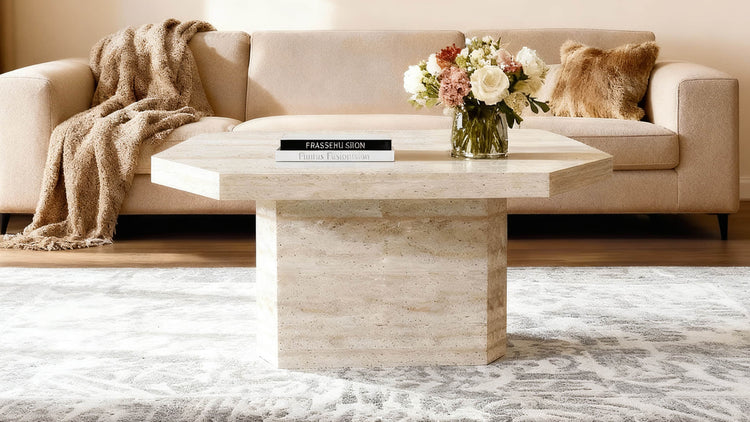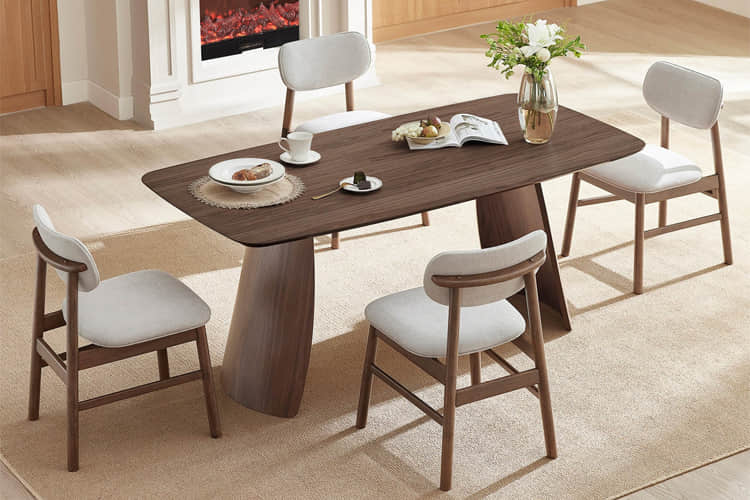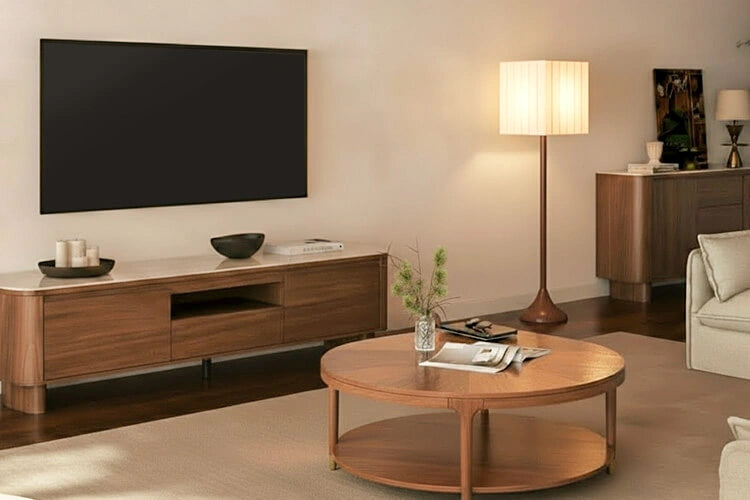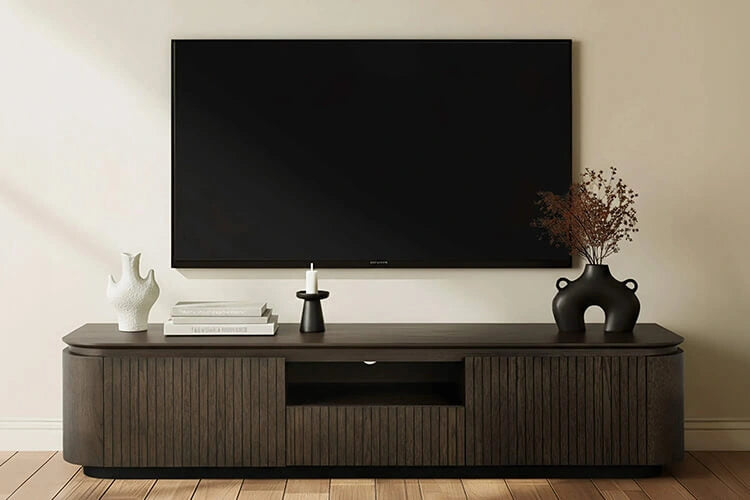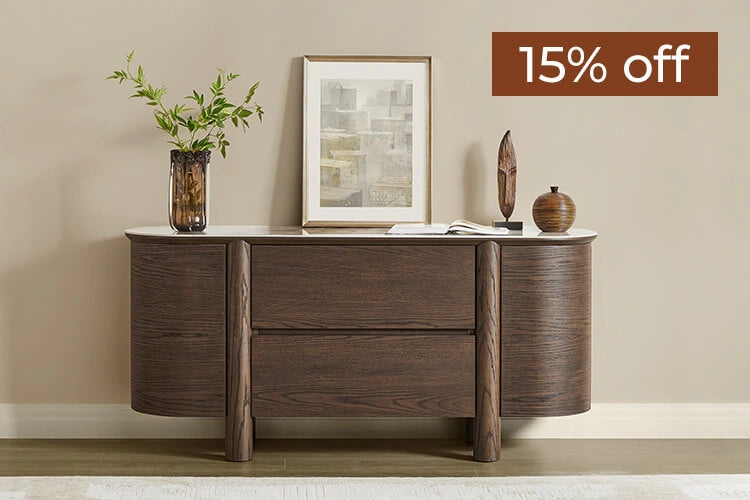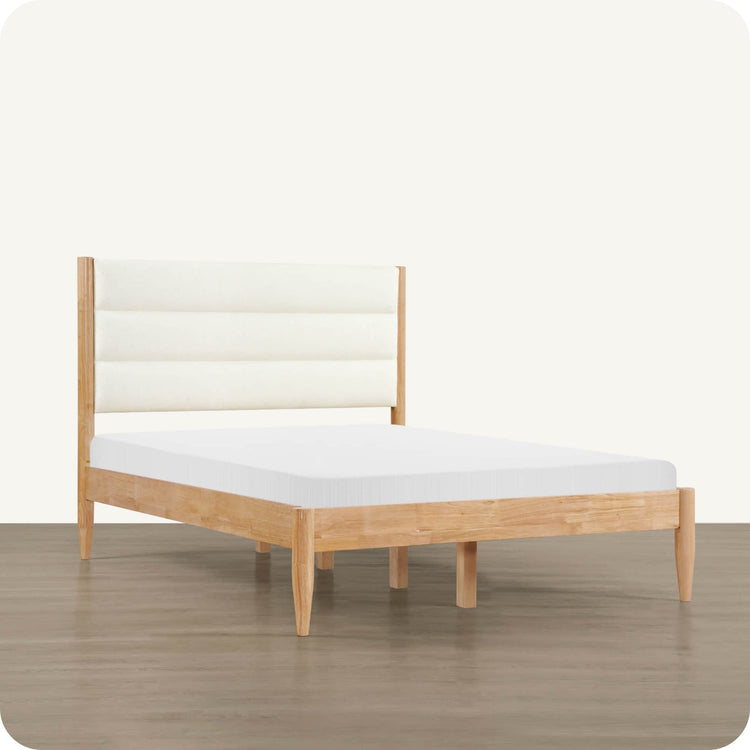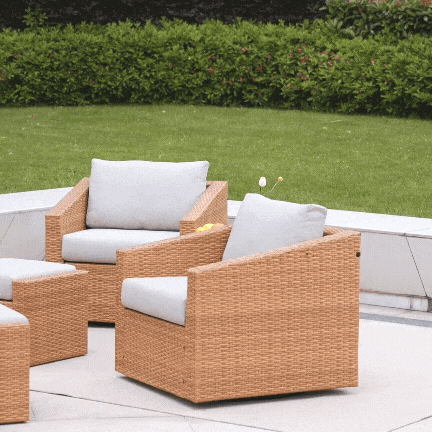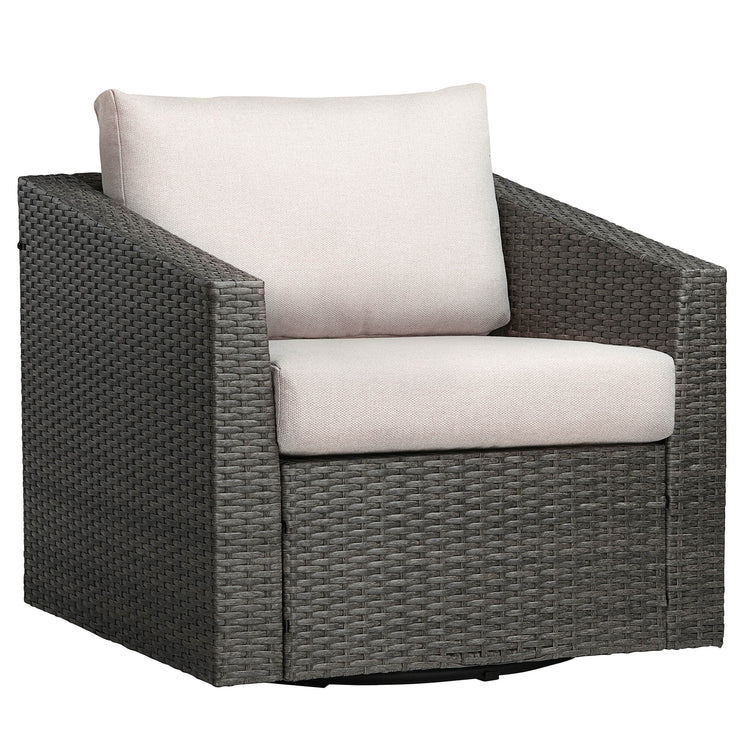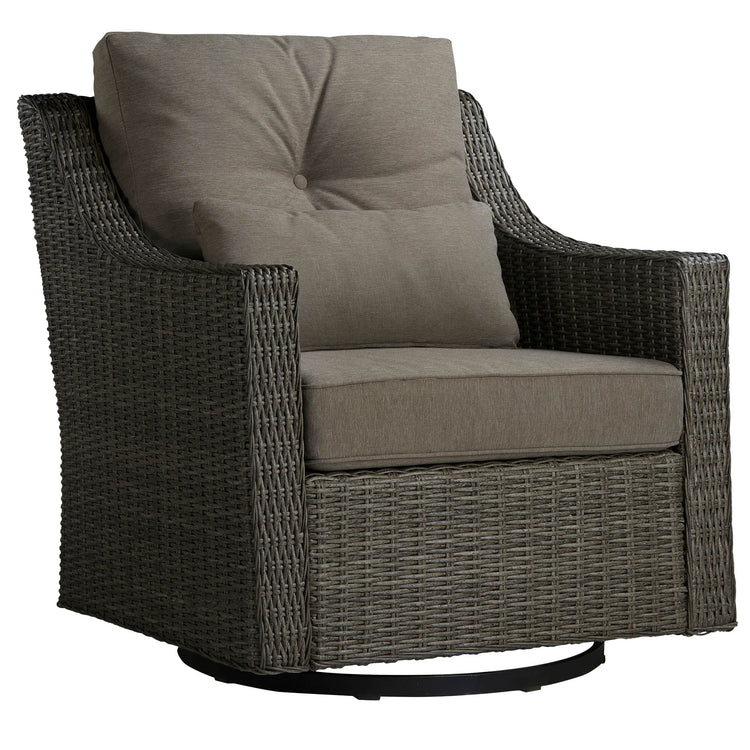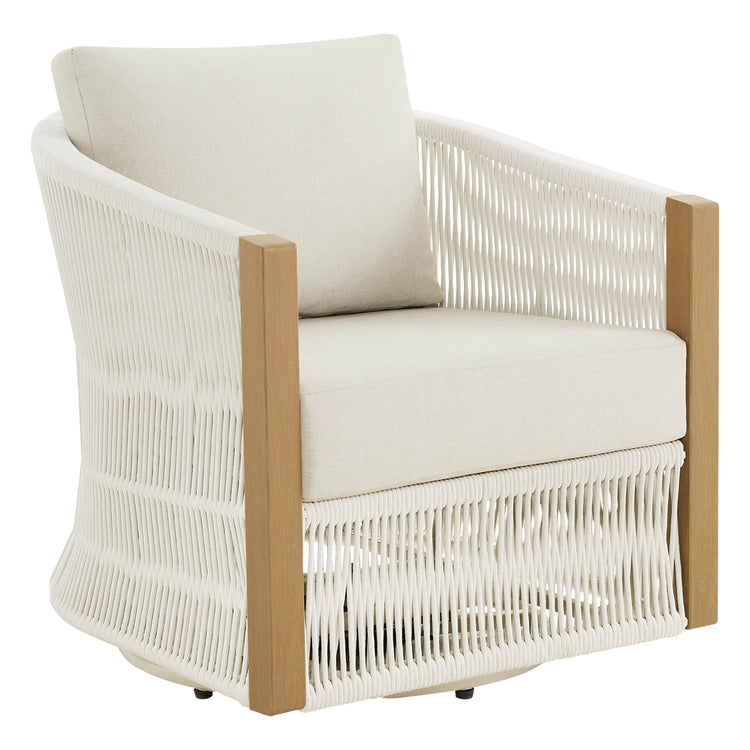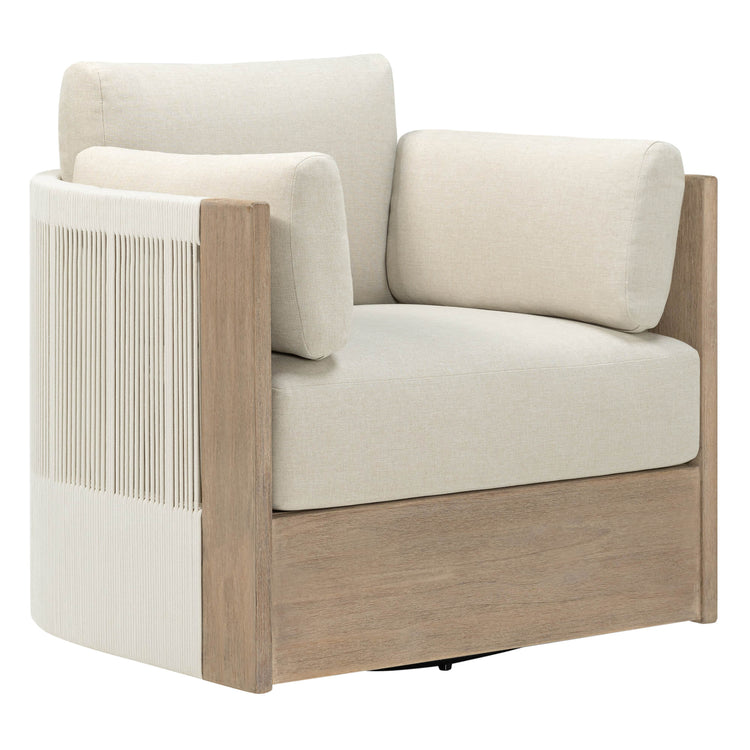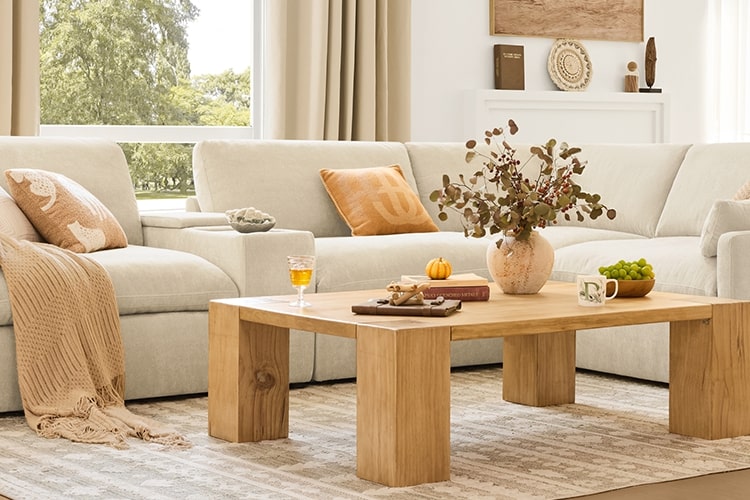Sleeping in a recliner is more common than one might think. Many people find it comfortable or even necessary due to specific health conditions. However, the question arises: Is it healthy to sleep in a recliner? In this blog, we'll explore why some people choose to sleep in recliners, its potential benefits and risks compared to sleeping in a bed, and provide some tips for healthier sleep in a recliner.
Popular Reasons for Sleeping in a Recliner
Each person has their own reasons for choosing to sleep in a recliner.
- Medical conditions. Some health issues, such as acid reflux, sleep apnea, or back pain, may make sleeping in a recliner more comfortable than lying flat in a bed.
- Recovery from surgery. After certain surgeries, such as hip or knee replacements, sleeping in a recliner can provide better support and comfort during the recovery process.
- Pregnancy discomfort. Pregnant women also often find relief in recliners when bed rest becomes uncomfortable, especially during the third trimester when finding a comfortable sleeping position can be challenging.
- Personal preference. Some enjoy the comfort level that their recliner provides, finding it much more accommodating than a flat bed.
- Limited space. In small living spaces, a recliner may serve as a dual-purpose piece of furniture for sitting and sleeping.
The Benefits of Sleeping in a Recliner
1. Improve Circulation
Sleeping in a recliner with your feet elevated can help improve blood circulation, especially within the lower extremities. This can reduce the risk of swelling, varicose veins, and deep vein thrombosis (DVT).
2. Relief from Heartburn and Acid Reflux
For those with gastroesophageal reflux disease (GERD), sleeping in a recliner minimizes acid reflux by keeping the head elevated above the stomach, making it harder for stomach acid to travel up the esophagus.
3. Provide Back Support
Recliners can benefit those suffering from back pain or seeking to maintain proper spinal alignment during sleep. Many high-quality recliners are designed with built-in lumbar support, which helps maintain the natural curvature of the lower spine.
4. Reduce Sleep Apnea and Snoring
Sleeping in a slightly upright position helps keep the airways open and reduces snoring; it is particularly beneficial for people with sleep apnea, asthma, or other respiratory conditions.
5. Enhanced Comfort for Post-Surgery Recovery
Individuals recovering from surgery, especially those with mobility issues or restrictions, may find sleeping in a recliner easier and more comfortable. It can provide the necessary support and minimize movements that could disrupt healing.
The Risks of Sleeping in a Recliner
1. Limited Movement
Sleeping in a recliner restricts movement compared to a bed. This can lead to stiffness and discomfort upon waking, as the body does not have the freedom to shift positions easily during sleep.
2. Increased Risk of Blood Clots
While elevating your feet can improve circulation, remaining in a reclined position for extended periods may increase the risk of blood clots forming in the legs.
3. Joint Stiffness, Pain, and Muscle Imbalance
Sleeping in a recliner might not offer the comprehensive support that all body parts require, leading to joint stiffness and pain, particularly in the hips, knees, and shoulders. What's more, Muscles that are relied upon too much in maintaining a certain position might become overworked, while others may weaken from underuse.
4. Reduced Sleep Quality
A recliner might not provide the same quality of sleep as a bed, as the inability to stretch out fully and the limited range of sleeping positions can lead to interrupted or less restful sleep.
How to Choose the Right Recliner for Sleeping
Selecting the right sleep recliner involves evaluating several key factors to ensure maximum comfort, support, and functionality. Here are the main aspects to consider.
1. Comfort and Enhanced Support
Nobody wants to wake up from a night in a recliner with a sore back or stiff muscles. Look for a recliner with an adjustable headrest and good lumbar support. Noah Zero-Gravity Top Grain Leather Recliner is a good choice. Its Electric Headrest Adjustment feature allows you to discover the perfect angle for neck-cradling bliss. Not to mention that it has been featured by HGTV host Kathryn on a Satellite Media Tour with the coupon code BETHEBESTHOME for an extra 10% off!
CHITA Recliner On TV - Our Top Pick!

"It is more comfortable than any chair I have ever experienced!"
An "O M G" review from our customer :D
>>>Noah Zero-Gravity Top Grain Leather Recliner
2. Quality Construction
Investing in a well-constructed recliner ensures durability and long-lasting comfort. Durable and easy-to-clean upholstery like leather or high-quality fabric is recommended. Just picture you lying down on the Isaac Wall Hugger Power Recliner with Headrest featuring genuine leather softness; the durable yet supple surface will keep you safe and sound.

"This beautiful quality recliner immediately made a Wow!"
A "WOW" review from our customer :D
>>>Isaac Wall Hugger Power Recliner with Headrest
3. Ease of Adjustment
A recliner for sleeping should be easy to adjust, allowing you to find the perfect position for your comfort. Take Colin Bouclé Swivel Glider Recliner as an example; its controller can be stored in the side storage pocket, ensuring it's always within reach.
4. Multifunctional Features
When choosing a recliner for sleeping, consider models with additional features that enhance comfort and convenience, such as those featuring with built-in USB and Type-C ports for charging devices like Isaac Wall Hugger Power Recliner with Headrest, or Davin Power Lift Assist Infinite Position Recliner with cup holder to hold your favorite beverage , or hidden storage compartments for easy access to essentials.

"Love it so far & Exceeding my expectations"
Yes ⬆️ it's still from our customer
See >>> Davin Power Lift Assist Infinite Position Recliner
Tips for Healthier Sleep in a Recliner
To ensure a comfortable and healthy sleep experience in your recliner, follow these tips:
- Find the right recline angle. Adjust the recliner to a position that supports your spine, keeping your head, neck, and back aligned. Avoid reclining too far back, as this can cause strain on your lower back and hips.
- Use pillows to provide extra support. Place a small pillow behind your lower back for added lumbar support, and use a neck pillow or rolled-up towel to maintain proper neck alignment.
- Promote better circulation. Elevate your feet slightly using the footrest to promote blood circulation and reduce swelling in your legs. However, be mindful not to raise your feet too high, as this can put pressure on your lower back.
- Stick to a regular sleep schedule. Try to go to bed and wake up at the same time each day to regulate your body's internal clock and improve sleep quality.
- Environment matters. Create a comfortable sleep environment by adjusting the room temperature, minimizing noise and light disturbances, and using comfortable bedding materials.
- Stay active. Take breaks from sitting or sleeping in your recliner throughout the day to move around, stretch, and promote blood flow. Engage in regular physical activity to maintain muscle strength and flexibility.
- Seek professional advice. If you experience persistent discomfort, pain, or reduced sleep quality while sleeping in your recliner, consult your doctor or a sleep specialist for personalized advice and to rule out any underlying health issues.
Find Your Ideal Sleeping Recliner
While sleeping in a recliner can have several benefits, particularly for individuals with certain health conditions, it's not without its potential drawbacks. It's essential to weigh these pros and cons, consider your own needs, and perhaps seek medical advice if you have specific health concerns. With careful consideration, it's entirely possible to achieve a good night's rest in a recliner.

